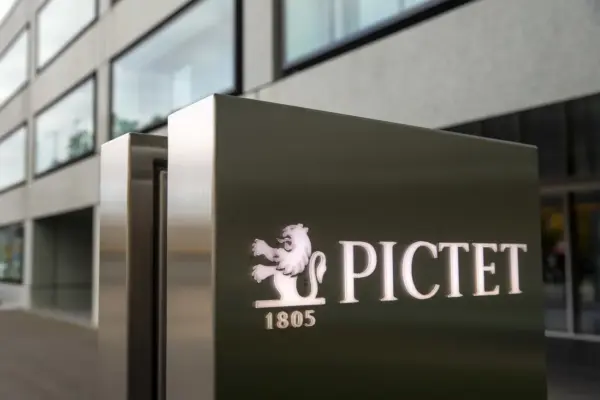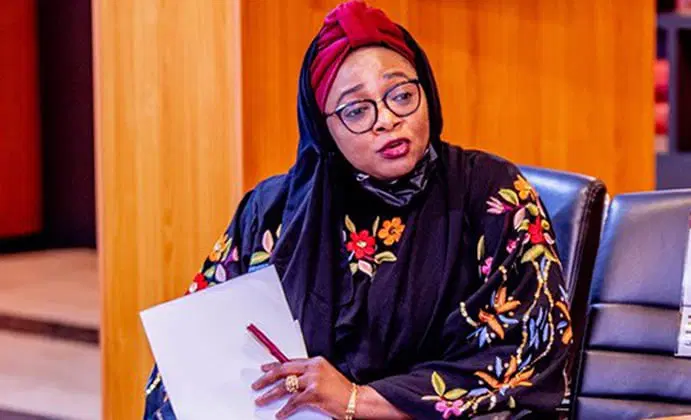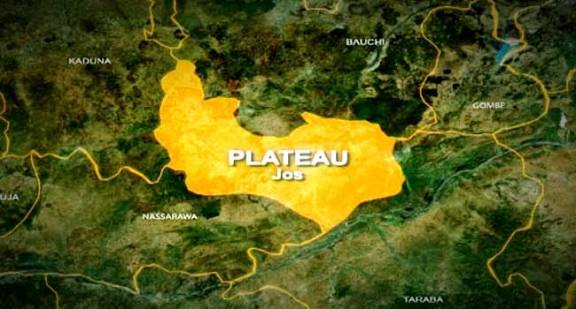The Presidency has defended the Federal Executive Council’s approval of a N10 billion solar energy project for the State House, stating it is part of efforts to transition to cleaner energy and reduce long-term power costs.
The clarification came amid public criticism over the project’s high cost and its timing, considering current economic challenges.
Presidential spokesperson, Bayo Onanuga, made the clarification on his official X handle, following media reports questioning the necessity of the project, especially in view of Nigeria’s current economic realities.
Onanuga defended the project, stating it reflects global best practices in clean energy adoption.
He noted that the White House in Washington, D.C., also uses solar power, arguing that Nigeria’s seat of power should lead by example in embracing sustainable energy solutions.
“The White House in Washington D.C. uses solar power,” Onanuga stated, emphasizing that adopting renewable energy for key government facilities is not unprecedented and demonstrates a commitment to sustainability.
The Special Adviser supported his point by showcasing a video of a similar project carried out at the U.S. President’s residence, explaining why the White House chose solar energy as an alternative.
Sources revealed that the proposed solar system would ensure stable electricity for the President’s residence, administrative offices, and other key buildings within the State House complex, improving energy efficiency and delivering long-term cost savings.
While some Nigerians have welcomed the environmental benefits of the initiative, others have raised concerns about its cost, questioning whether such spending is justified given the economic hardships many citizens are facing.











